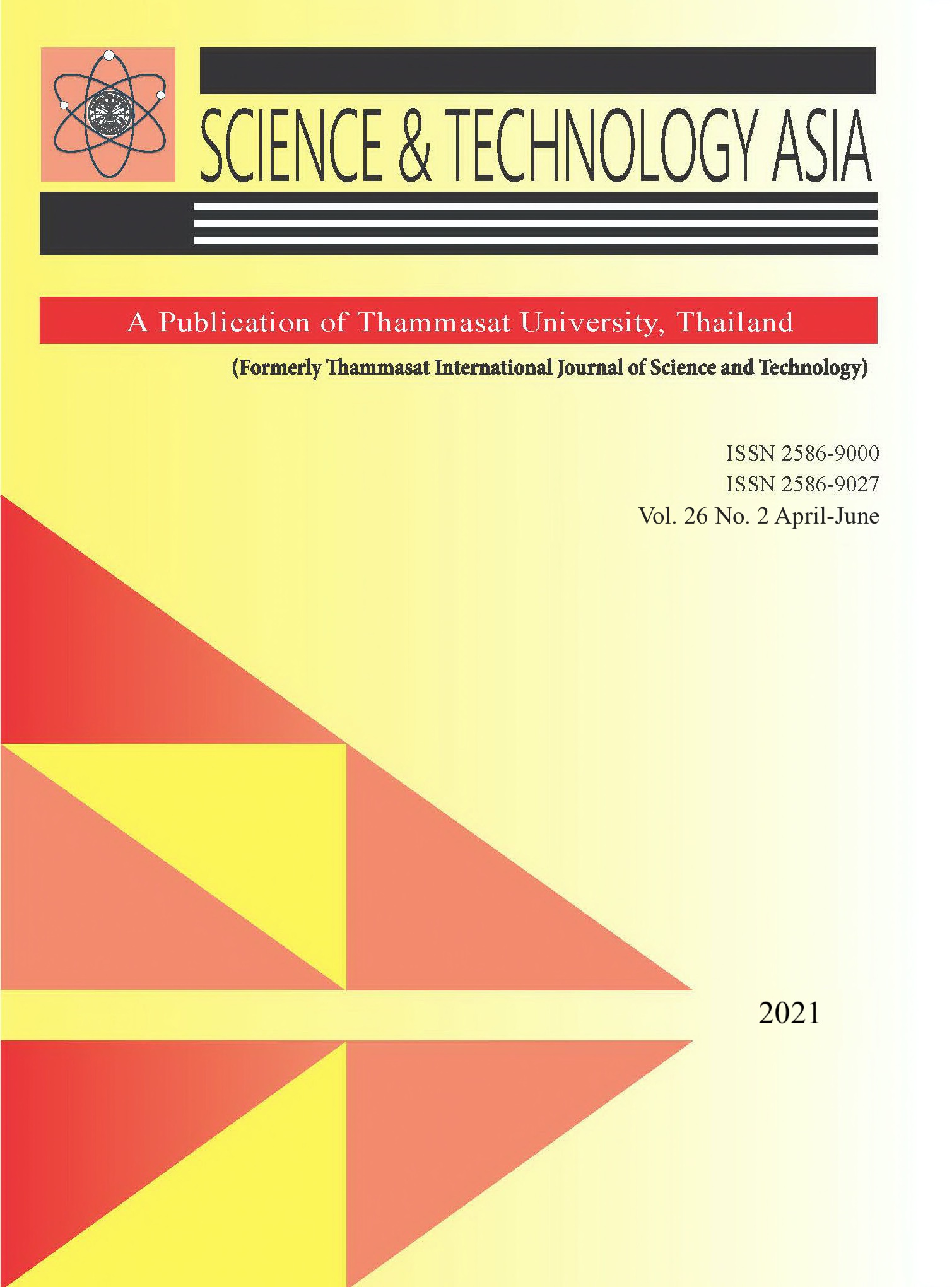The Application of Tissue Flossing During Plyometric Exercise for the Prevention of Delayed Onset Muscle Soreness
Main Article Content
Abstract
Previous studies have revealed that compression therapy has a significant effect on relieving soreness following exercise induced delayed onset muscle soreness. However, there is a lack of information about this intervention during strenuous exercise. Therefore, the purpose of this study is to examine the application of tissue flossing (compression technique) during plyometric exercise for the prevention of knee extensor delayed onset muscle soreness. Eighteen low active healthy young male adults (aged 18 25 years) were randomly assigned to equally sized groups for either tissue flossing (TF) (n=9) or non tissue flossing intervention (CON) (n=9) during plyometric exercise. Participants engaged in 100 drop jumps to induce muscle soreness. Pain scale reports and peak torque of knee extensor were collected before exercise and then after exercise at 1, 24, 48, 72, and 96 hours during the recovery phase. Analyzing the data by performing the Friedman test and Wilcoxon’s signed rank test revealed no statistically significant difference between the two groups with respect to indirect indices of muscle soreness throughout the study (P > 0.05). In conclusion, the application of tissue flossing during plyometric exercise for the prevention of delayed onset muscle soreness is either better or no worse than without flossing. Clinical trial reg. no. TCTR2019091105, clinicaltrials.in.th


